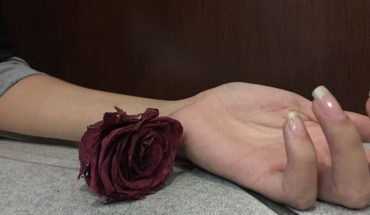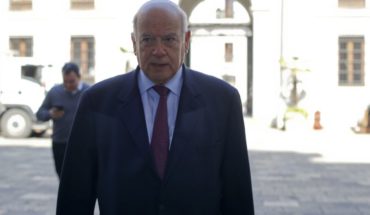
After the social outburst, the political and institutional world suffered a “crisis of trust and legitimacy” and the model of political and economic, which have been heightened by the COVID-19 pandemic.
These challenges are those faced by Chile and which were diagnosed through a process of citizen dialogues organized by the Council for Transparency (CPLT) and which were presented in a virtual conversation by the councillor of this entity, Gloria de la Fuente, in a joint activity with the agencies that make up the Alliance Anticorrupción de Chile UNCAC.
De la Fuente began his speech by addressing mistrust in the institutions, stating that the Council itself “has not been oblivious” to this and pointed to the need to strengthen articulated spaces to reflect and face “for the public” the situation that public and private bodies are going through from situations that impact the confidence of citizens.
One of the central themes touched on in the meeting was inequality between citizens and institutions. “This idea of inequality not only around income but different types of inequality, this idea of them and us, the privileged versus the not privileged,” he said of the Source. “A gap between a privileged few represented by a kind of elite linked to economic and political power and a majority of individuals increasingly precarious and under pressure to act under constant competition,” he added.
The diagnosis of the CPLT was shared by commentators on the main findings of the process, Marcela Ríos, Resident Representative of the United Nations Development Programme (UNDP) and jorge Cisternas, representative of the Chilean Volunteer Association.
In this sense, Ríos reinforced the latter point by commenting that “people have not only protested about issues of income, pensions or indebtedness – they are issues at the center – but we see that there is a criticism, an unease about inequality of treatment.”
According to Ríos, this type of diagnosis is reinforced by studies developed by this body, including the Audit to Democracy Report that showed an uncoupling between elite and citizenship, a weakening of the system of political representation, as well as other factors that affect the social situation. “A worrying trend,” Rios emphasized.
Against this stage, the proposals raised from the dialogues mainly point to the strengthening of the State as a guarantor of social welfare, to a new state-citizenship relationship, to forms of relationship of a more horizontal, inclusive and participatory nature. The CPLT’s political scientist emphasized that these issues must be rethinked in the context of covid-19’s health emergency and will be a huge challenge for all institutions.





